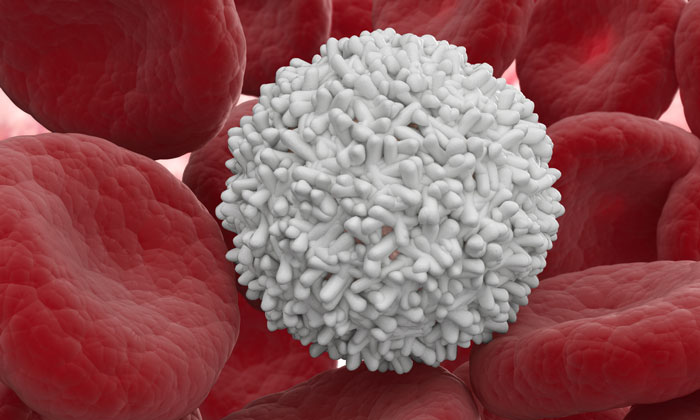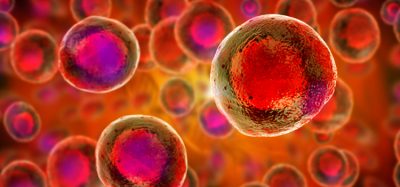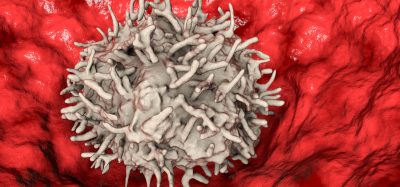Blood stem cells balance the immune system by teamwork
Posted: 4 June 2018 | Drug Target Review | No comments yet
The human body’s blood stem cells produce approximately 10 billion new white blood cells – termed immune cells – every day. Scientists in the U.S. have now discovered that some blood stem cells pick up the slack should any others fail to achieve these levels.

University of Southern California, USC PhD student Lisa Nguyen and colleagues in the laboratory of Rong Lu observed this phenomenon by tracking the individual blood stem cells that reside in the bone marrow of mice. To create the tracking labels, the scientists attached a unique piece of genetic code to each blood stem cell. In the process of blood production, each blood stem cell passes its unique genetic label onto its progeny – which include two types of immune cells, known as B cells and T cells.
To test the contributions of these uniquely labelled blood stem cells, the scientists performed a series of bone marrow transplantations in mice. Mice received a combination of normal blood stem cells and deficient blood stem cells with a genetic mutation that prevented them from producing either B cells only, or both B and T cells.
The scientists found that the normal blood stem cells compensated for the B and T cell deficiencies. When co-transplanted with B-deficient stem cells, the normal stem cells overproduced B cells to keep the immune system in balance. Furthermore, when co-transplanted with B- and T-deficient stem cells, the normal stem cells compensated by overproducing both B and T cells to maintain a balanced immune system.
The scientists also found that a few specific blood stem cells were doing most of the work. These key blood stem cells proliferated dramatically to compensate for the immune cell deficiencies in the recipient mice, and these cells continued to proliferate when they were transplanted into different recipient mice. Furthermore, these highly productive blood stem cells showed changes in gene activity that enhanced their ability to oversupply deficient types of immune cells.
“These stem cells’ ability to compensate provides some degree of resilience to disruptions of the blood and immune system – such as the aging process, the early stages of many blood cancers and disorders, and bone transplantation,” said Lu, an associate professor of stem cell biology and regenerative medicine at USC. “By understanding and ultimately harnessing this innate capacity of stem cells, we can potentially optimise treatments for a wide range of diseases.”
This USC Stem Cell study was published in the journal EMBO Reports.
Related topics
Stem Cells
Related organisations
University of Southern California (USC)
Related people
Lisa Nguyen, Zheng-Rong Lu






